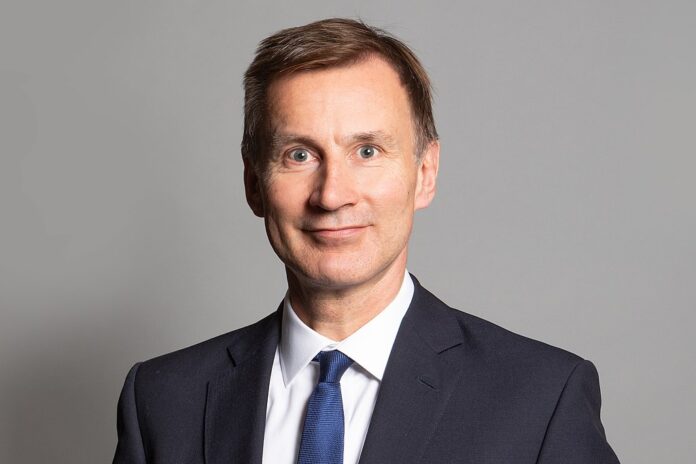Chancellor justifies reductions, saying it’s a cheaper option compared to allowing Russian success in Ukraine
During a surprise visit to Kyiv, Chancellor Jeremy Hunt defended plans to cut civil service jobs to increase defence spending and aid to Ukraine.
Hunt argued that reducing public services would cost significantly less than allowing Russia to succeed in its aggression against Ukraine.
Embed from Getty ImagesThe government aims to raise UK military spending to 2.5% of national income by 2030, requiring an additional £20 billion. Unions claim this will be funded by cutting 70,000 jobs.
Downing Street stated that existing commitments to reduce the civil service headcount to pre-Covid levels will partly fund the increase, along with allocating a share of an already-announced rise in government research spending to the Ministry of Defence (MoD).
The Public and Commercial Services Union warned that cutting civil servants’ jobs would lead to longer waiting times for services like passport issuance and driving tests.
Hunt’s defence of the job cuts came amidst Prime Minister Rishi Sunak’s announcement that the UK would provide an additional £500 million for Ukraine this year, in addition to the £2.5 billion already allocated.
Speaking in Kyiv before a meeting with President Volodymyr Zelensky, Hunt expressed hope that increased funding would be a “turning point in this war” and sent a message to Putin that his aggression wouldn’t succeed.
Acknowledging the significance of the UK’s role in European defence due to its largest defence budget, Hunt emphasized the necessity of preventing Putin’s aggression in Ukraine to restore peace in Europe.
On the decision to shrink the civil service, Hunt stated, “This is a choice, but the choice we are making is to invest in European security and defence.” He expressed confidence in delivering more efficient public services by reducing the civil service to pre-Covid levels.
The planned spending increase over the next six years will help support ongoing MoD programs, including naval frigate orders, fighter jet development, and nuclear weapons system modernization.
Labour’s shadow defence secretary, John Healey, demanded a fully funded plan to reach the 2.5% spending level, criticizing the Tories’ trustworthiness on defence matters. He pledged that Labour would review armed forces resources within a year if they win the upcoming general election.
